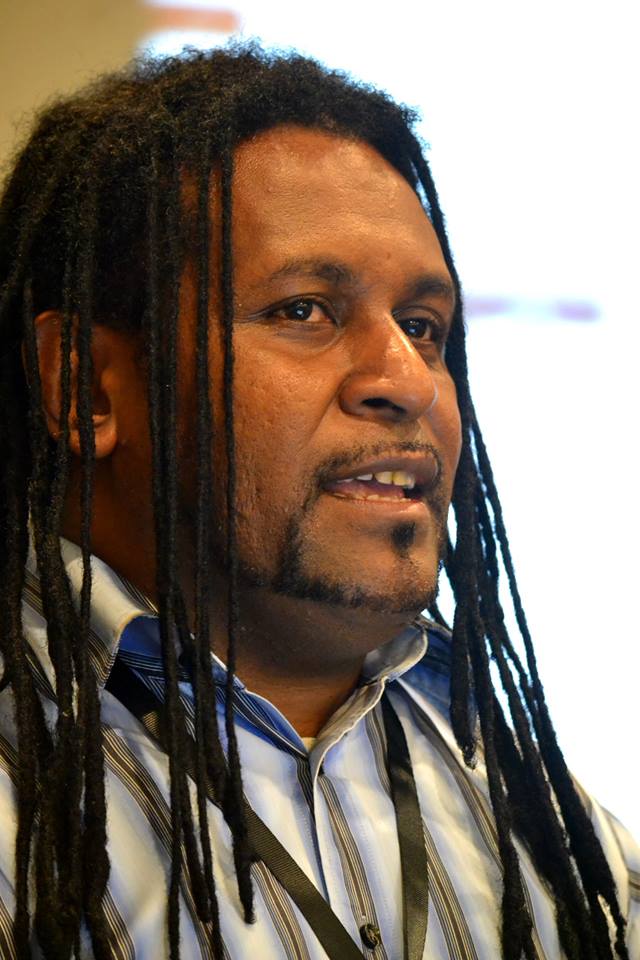Pacific Small Islands Developing States (PSIDS) continue to face capacity and resource challenges in accessing global climate funds.
Pacific Islands Forum Secretariat Climate Change Finance Adviser, Pacific Islands Forums (PIFs), Exsley Taloiburi says climate finance remains the top priority for implementing Nationally Determined Contributions (NDCs) commitments for Pacific countries.
According to the Organisation for Economic Co-operation and Development (OECD), in 2019 wealthy and industrialised nations were only able to raise US$79.8 billion of the promised US$100 billion committed in 2009. Of this amount, a small fraction, 1.9% was made available to Small Island Developing States (SIDS).
OECD says even a smaller percentage, 0.28% was allocated to Pacific SIDS.
“That’s quite concerning and further reaffirms that point that our region is facing a lot of challenges with the current structures, reporting templates, and modalities in terms of accessing global climate finance,” Taloiburi said.
“It’s critical to support our region in terms of implementing the NDCs commitments.”
Taloiburi said the cost of implementing NDC targets for Pacific SIDs ranges from a scale of US$200 million to US$3 billion per country up to 2030.
“Based on that, we could see the scale that is required is quite significant and therefore, governments alone will not be able to implement that, the role of private sector is very important.
“A lot of the NDCs commitments from the Pacific are conditional on external support and therefore the role of development partners is very important in terms of the opportunities to increase access to permit finance and also ensure the effectiveness of funds that are being accessed,” he said.
Kiribati Climate Action Network’s (KirCAN) Pelenise Alofa agrees that accessing climate finance for adaptation and loss and damage remains a challenge for community organisations like KirCAN.
SOURCE: PASIFIKA ENVIRO NEWS/PACNEWS














